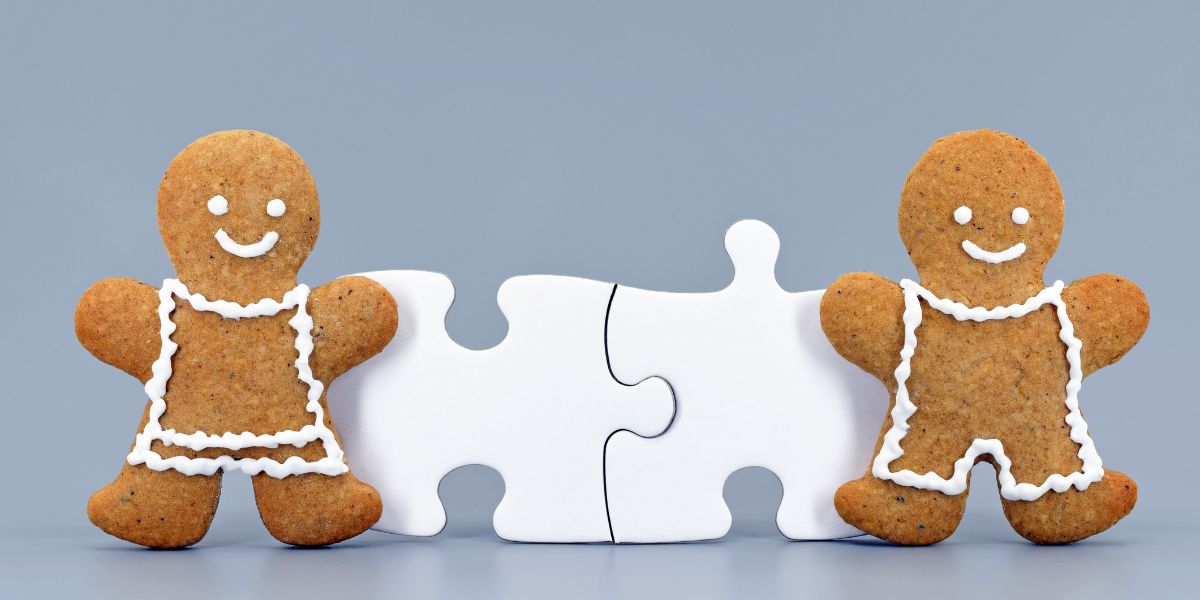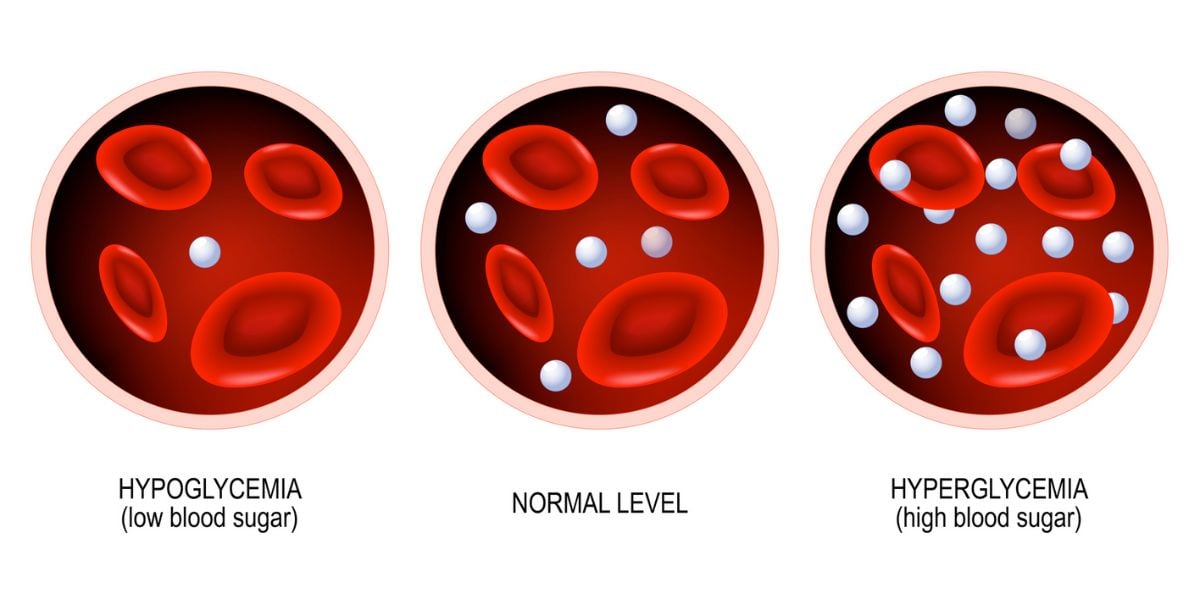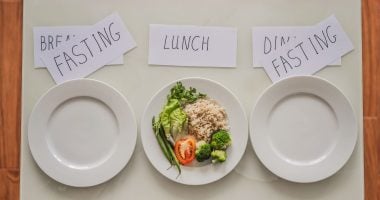Gluten-free diets can be challenging, but are essential for people with coeliac disease and diabetes. Coeliac disease and type 1 diabetes are both autoimmune diseases.
Therefore, it is not uncommon for someone to have both conditions.
For people with diabetes, coeliac disease presents an extra difficulty with making food choices to avoid foods with gluten.
On the plus side, the need to avoid many pre-prepared foods can be a positive way of maintaining a healthy diet.
What is gluten?
Gluten is a protein present in foods made out of grains such as wheat, barley and rye.
Oats are a grey area as it contains a protein that is similar to gluten which some people with coeliac can tolerate but others may not.
How does avoiding gluten help in coeliac disease?
As the body recovers from coeliac disease and eating gluten, it will absorb food in a different way, which can make it more difficult to manage your diabetes
Untreated coeliac disease means that when gluten is eaten the lining of the small intestine becomes inflamed and less productive in absorbing food.
When a gluten-free diet is properly followed, the intestine starts to heal and the ability to absorb food increases.
Who else may follow a gluten free diet?
Other people who may be sensitive to gluten are people with wheat or gluten allergies. Coeliac disease is not an allergy.
Which foods need to be avoided in a gluten free diet?
Foods that will typically need to be avoided include those made with flour such as bread, pasta, breakfast cereals, bagels, pies, biscuits and cakes.
However, many pre-prepared foods contain gluten as a binding agent which can greatly reduce the number of options available.
The range of foods which may contain gluten can include:
- Soups
- Sausages and processed meats
- Curries
- Ready meals
- Ice cream
- Many sauces and dressings
Even vitamins may include gluten so people who need to follow a gluten free need to be particularly aware when making food choices.
To help people with gluten sensitivity, packaged foods in the UK must by law indicate if they contain gluten.
Which foods are gluten free?
You might be asking yourself, at this point, “What can I eat?”. There is still a range of food that can be eaten. As much of the pre-prepared food may contain gluten, you may find you need to eat more home cooked food.
Fruit, vegetables, meat, fish, beans, nuts and most dairy produce can be eaten and rice and potatoes are available on a gluten free diet too.
As coeliac disease is relatively common (affecting about 1% of us), a number of specifically gluten free produce exists, such as gluten free breads and gluten free flour.
Look out for packaged foods that have a ‘crossed grain’ symbol or use the terms:
- Gluten free
- Suitable for coeliacs
- Suitable for a gluten free diet
The coeliac disease charity Coeliac UK regularly updates a directory of suitable foods.
Do I qualify for food on prescription?
People with coeliac disease are able to claim certain gluten-free staple foods, such as:
- Gluten-free bread
- Pasta
- Flour
- Crackers on prescription
Speak to your doctor about what is available. The charity Coeliac UK also has useful information in their Food and Drink Directory.
How does a gluten free diet affect blood sugar levels?
Generally people with diabetes on a gluten free diet should not experience a great change in blood sugar levels
The same amount of food in someone who has stuck to a gluten-free diet will be absorbed to a greater degree than those with coeliac disease who are not on a gluten-free diet.
This can mean that insulin requirements may be slightly higher and it can also mean that in some people there may be less chance of hypoglycemia occuring.
What side effects might I need to be aware of on a gluten free diet?
Nutrient deficiencies can be a potential side effect when observing a gluten-free diet. As a result, your doctor may need to prescribe supplements to you or prescribe specialist gluten-free products to help avoid deficiencies.
Whilst nutrient deficiencies are possible on a gluten-free diet, it should be noted that deficiencies of not following a gluten-free diet will be much greater if you have coeliac disease.







